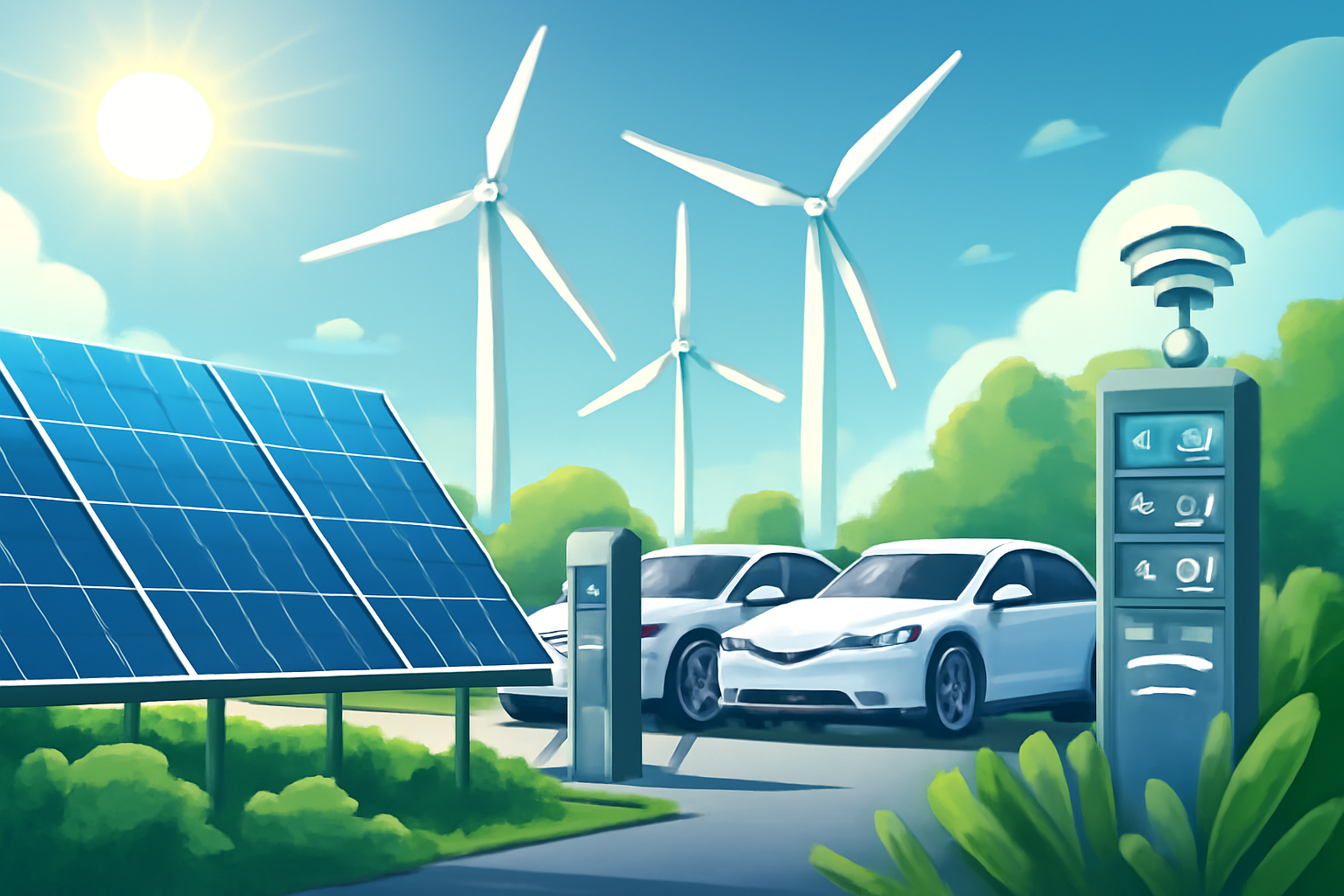Artificial Intelligence (AI) has undergone a remarkable evolution from an emerging trend to an essential pillar for modern digital marketing by 2025. Across industries, AI is driving new levels of efficiency, personalization, and creative innovation that redefine how marketers plan, execute, and optimize campaigns. This deep dive explores how AI technologies are reshaping digital marketing workflows and why embracing AI is critical to future success.

Introduction: The AI Marketing Revolution
Digital marketing has always relied heavily on data, analytics, and creativity, but the sheer volume and velocity of data today exceed human processing capabilities. AI fills this gap by automating complex tasks, unlocking predictive insights, and augmenting creative processes.
With robust machine learning models, natural language generation, and real-time decision making, AI provides marketers with unprecedented tools to:
- Target the right audiences at the right moment
- Personalize content and messaging dynamically
- Automate campaign management and testing
- Analyze multifaceted datasets to inform strategy
Businesses that master AI marketing workflows gain a significant competitive edge through enhanced customer engagement, reduced costs, and measurable ROI.
AI-Powered Audience Targeting and Segmenting
Traditional demographic segmentation no longer suffices in 2025. Leading AI platforms access vast behavioral, transactional, and contextual data to build rich, predictive audience profiles.
Capabilities include:
- Predictive scoring for lead prioritization
- Real-time adaptation based on user interactions
- Cross-channel audience orchestration optimizing spend and reach
- Automated creation of lookalike and exclusion lists
Examples like Meta’s Advantage+ and Google’s Performance Max campaigns continuously learn and adjust viewer targeting to improve conversions, reducing wasted ad budget.
Content Generation and Personalization
Marketing content—from blog posts to video scripts and paid ad copy—is increasingly generated or augmented by AI models like GPT-4 and proprietary tools.
- AI creates multiple tested headlines, descriptions, and CTAs tailored to segmented audiences.
- Dynamic website landing pages adjust copy, images, and offers based on visitor behavior or demographic signals.
- Email marketing platforms automatically personalize subject lines and body content for maximum open and click rates.
Integrating AI ensures content relevance at scale, enabling marketers to nurture leads through personalized journeys.
Video and Creative Automation
Video remains the dominant medium, and AI automates not only editing but entire video synthesis. Platforms like Synthesia use AI avatars and voice synthesis to produce training, promotional, and explainer videos efficiently.
- Text-to-video tools convert blog content and scripts into professional videos.
- Automatic captioning, audio mixing, and localization enhance accessibility and reach.
- AI video optimization analyzes viewer behavior to tweak length, pacing, and format continuously.
These tools empower brands to maintain a constant flow of engaging video content without ballooning production costs.
Campaign Management and Multichannel Optimization
AI-driven dashboards unify data and recommend:
- Budget reallocations to top-performing channels and creatives
- Optimal bidding strategies leveraging real-time auction data
- Timing and frequency adjustments based on audience activity peaks
- Automated A/B and multivariate testing for creative assets
Marketers are empowered with prescriptive insights and can automate repetitive workflows, making their campaigns nimble and effective.
SEO and Keyword Strategy Enhanced by AI
Search engine optimization is boosted by natural language processing and real-time trend analysis predicting emerging keywords.
- AI tools generate semantically rich, user-intent focused content briefs.
- Automated site health audits identify optimization issues before penalties occur.
- Voice search optimization and structured data markup are streamlined through AI assistants.
This proactive approach ensures sustained organic visibility amidst rising competition.
Conversational AI and Chatbots
AI-powered chatbots with natural language understanding provide 24/7 customer support, lead qualification, and sales assistance.
- Conversational agents on websites handle queries, direct traffic, and automate bookings.
- Integration with CRM systems enables seamless lead nurturing.
- Multilingual capabilities expand global reach.
Chatbots also collect valuable data, fueling improved marketing personalization.
Predictive Analytics and Real-Time Insights
AI analyses historical and current data streams to:
- Forecast sales trends and campaign performance
- Detect anomalies and alert marketers instantly
- Recommend next best actions based on predictive probabilities
This results in fewer missed opportunities and agile marketing responses.
Ethical AI and Responsible Marketing
As AI builds automated decision systems, ethical considerations on privacy, bias, transparency, and content authenticity are paramount.
- Marketers must audit AI processes regularly for fairness.
- Data privacy regulations like GDPR and CCPA guide responsible data use.
- Disclosure of AI-generated content maintains consumer trust.
Balancing innovation with ethics ensures sustainable brand reputations.
Looking Ahead: The Future of AI Marketing Workflows
- Increased integration of AR/VR and immersive customer experiences powered by AI.
- Advanced generative AI models creating hyper-personalized content at mass scale.
- Autonomous marketing agents collaborating with humans in hybrid teams.
- Voice interfaces enabling hands-free campaign management.
Marketers embracing these technologies will pioneer new frontiers.
Conclusion
AI is an indispensable partner in digital marketing workflows in 2025, driving smarter, faster, and more personalized campaigns. To remain competitive, brands must evolve their strategies to incorporate AI capabilities ethically and creatively. The future belongs to those who harness AI’s full power for customer-centric marketing excellence.
Featured Image idea:



